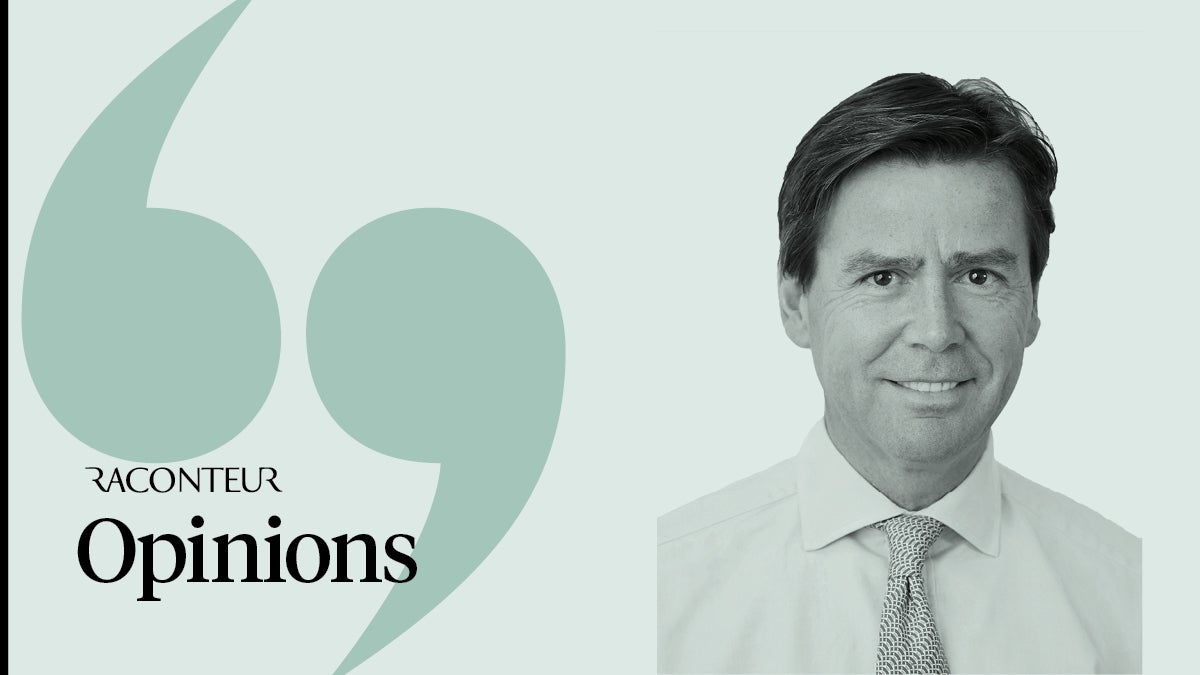
For many of us, sustainability and climate change have become key areas of focus; and the financial sector is no different. Institutional investors, such as pension funds and insurance companies, as well as private citizens and policy-makers are all keen to direct investments towards greener activities. Our concern, though, is that well-meaning rules could at times hinder rather than support this trend.
The EU is the most advanced region globally when it comes to rules on this topic. Last year the EU adopted several pieces of prescriptive regulation on “sustainable finance”, which apply to all financial market participants, including those not headquartered in the EU but who serve EU clients. This action plan primarily aims to protect investors from “greenwashing” and empower them to better understand the myriad of indicators related to environmental, social and governance factors (ESG)- related to their investments.
What the EU Taxonomy aims to do
Central to this is the EU’s so-called “Taxonomy”, the first ever attempt to classify economic activities according to their sustainability. As such, when the Taxonomy enters into application (January 2022), it will be possible to measure an investment fund’s “sustainability” based on its alignment to this 70-sector classification. As an example, a company building cars emitting less than 95g of CO2/km with tires complying with noise labelling requirements will be considered as sustainable by the Taxonomy.
As a necessary complement to this, investment managers will also be required to be transparent about the level of sustainability of their funds. The EU has therefore adopted a series of disclosure rules, to ensure that an investor, when being presented with a “green financial product”, knows what he/she is going to get.
Asset managers will also have to either consider the potential negative effects of their investments on environmental or social aspects – the so-called “principal adverse impact” – or explain why they chose not to consider these. These “principal adverse impacts” will be publicly disclosed, on an aggregated basis, on the websites of asset managers who have made the choice to consider them.
In short, the EU’s rules are set to transform industry practice when it comes to the investment process and disclosures in the area of sustainability.
Regulation must support funds, not strangle them
The hedge fund community is already working hard to deliver sustainable strategies to investors that seek them. But it is important that disclosure rules recognize that many hedge fund strategies have no material impact on E or S issues – think of investment strategies linked to currency investments, sovereign bonds or interest rates. The EU’s rules are therefore limited as they focus primarily on funds investing in corporations, but do not consider investment in other assets or strategies.
For example, a hedge fund can take a short position (sell borrowed shares to benefit from their price drop) on an oil company with high CO2 emissions to diminish its exposure toward a possible environmental risk. There is nothing in the adopted EU regulations today which knows how to deal with short selling – one of the most basic risk management techniques used by hedge funds to deal with sustainability risks.
The final – and perhaps most important – challenge in sustainable investing currently is the lack of reliable data. Investment managers have been requested to consider, manage and disclose their ESG exposures, but very few investee companies publish a reliable and easily accessible set of non-financial data. Policy-makers seem to have put the cart before the horse by requiring fund managers to disclose data which does not yet exist. This is why we are actively making the case for upcoming regulatory changes to improve corporate disclosure.
Sustainable finance is here it stay. Hedge funds are already working hard to build products that meet investors’ needs. But regulation must ultimately be designed to support this trend, rather than stymie it.

For many of us, sustainability and climate change have become key areas of focus; and the financial sector is no different. Institutional investors, such as pension funds and insurance companies, as well as private citizens and policy-makers are all keen to direct investments towards greener activities. Our concern, though, is that well-meaning rules could at times hinder rather than support this trend.
The EU is the most advanced region globally when it comes to rules on this topic. Last year the EU adopted several pieces of prescriptive regulation on “sustainable finance”, which apply to all financial market participants, including those not headquartered in the EU but who serve EU clients. This action plan primarily aims to protect investors from “greenwashing” and empower them to better understand the myriad of indicators related to environmental, social and governance factors (ESG)- related to their investments.





